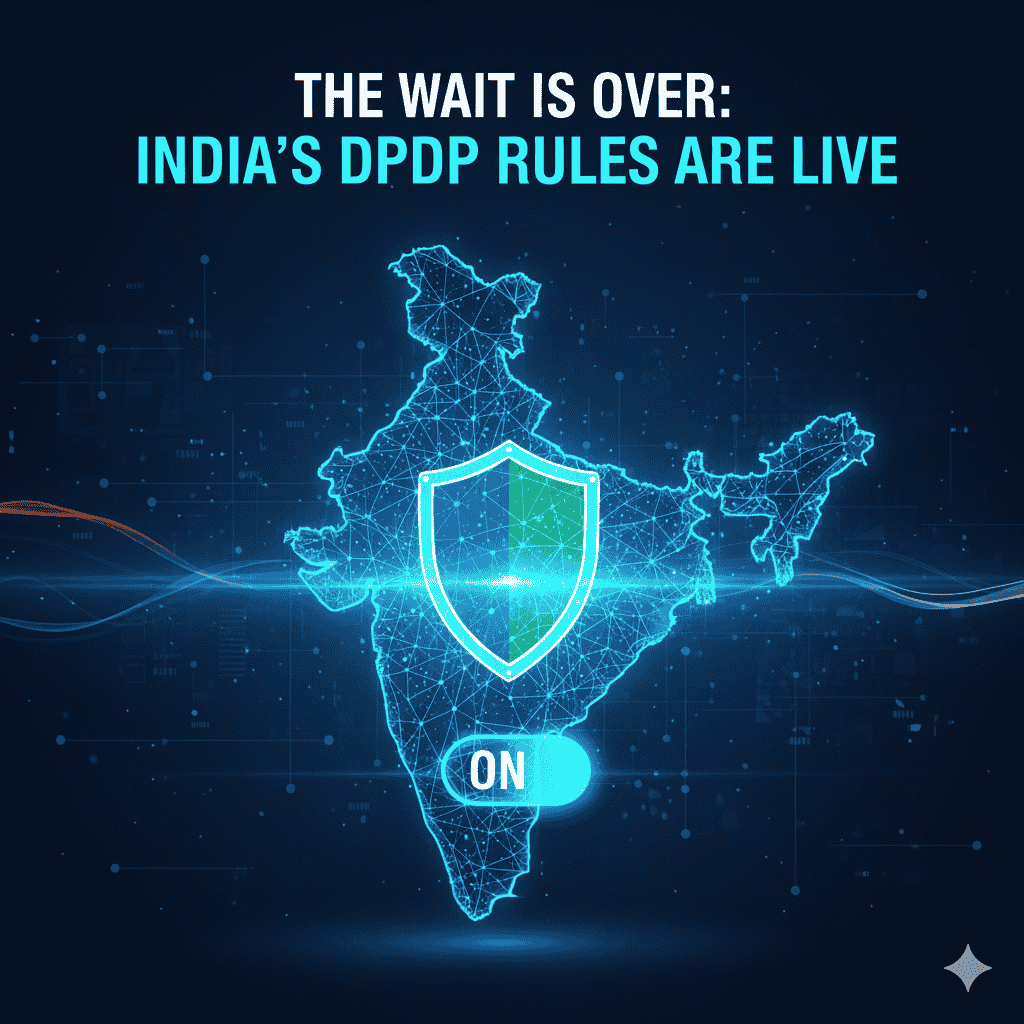In an age where social media dominates the marketing landscape, influencer marketing has emerged as a powerful strategy for brands looking to connect with their target audiences. However, the effectiveness of an influencer marketing campaign largely depends on the platform used to facilitate these partnerships. With a plethora of influencer marketing platforms available, understanding what makes one stand out is crucial for brands looking to optimize their marketing efforts. Here are the key attributes that contribute to an exceptional influencer marketing platform.
1. Comprehensive Influencer Database
A great influencer marketing platform should boast a vast and diverse database of influencers across various niches and social media channels. This enables brands to find voices that resonate with their target demographic. The database should include:
- Detailed Profiles: Each influencer’s profile should provide insights into their follower demographics, engagement rates, content genres, and previous collaborations.
- Search Filters: Advanced search options allow brands to filter influencers based on niche, audience size, engagement levels, and other criteria.
2. Robust Analytics Tools
Data is at the heart of any successful marketing strategy. A proficient influencer marketing platform should provide robust analytics tools that allow brands to track the performance of their campaigns in real time. Key analytics features include:
- Engagement Metrics: Track likes, shares, comments, and other engagement metrics to assess the success of influencer posts.
- Sales Tracking: Integration with e-commerce platforms can help brands measure direct sales generated from influencer campaigns.
- Campaign Performance Reports: Easy-to-understand reports detailing ROI, reach, and other essential statistics.
3. User-Friendly Interface
Ease of use is critical for maximizing efficiency in any marketing platform. A great influencer marketing platform should have an intuitive and user-friendly interface that simplifies the campaign management process. Key elements include:
- Easy Onboarding: Streamlined setup processes for both brands and influencers.
- At-a-Glance Dashboards: Dashboards that provide a comprehensive overview of campaign performance in one visual space.
- Clear Communication Tools: A built-in messaging feature facilitates seamless communication between brands and influencers.
4. Effective Collaboration Tools
Successful influencer marketing relies heavily on collaboration. A premium platform should offer tools that enhance collaboration, including:
- Content Approval Processes: Features that allow brands to review and approve content before it goes live.
- Contract Management: Streamlined processes for drafting, reviewing, and signing contracts to ensure clarity and legal protection.
- Project Management Systems: Manage tasks and timelines to keep campaigns on track.
5. Authenticity and Transparency
In a digital world rife with skepticism, authenticity is more important than ever. Influencer marketing platforms should prioritize transparency by:
- Verification of Influencer Authenticity: Providing tools that assess influencer authenticity to identify fake followers and engagement.
- Clear Disclosure Guidelines: Ensuring that both brands and influencers adhere to regulations regarding sponsored content.
6. Customer Support and Resources
An outstanding influencer marketing platform offers robust customer support and resources, including:
- Dedicated Support Teams: Access to knowledgeable customer support representatives to assist with any platform-related issues.
- Learning Resources: Guides, webinars, and case studies to educate brands on best practices in influencer marketing.
7. Integration Capabilities
To facilitate a seamless marketing operation, an effective influencer marketing platform should offer integration with other digital marketing tools, such as:
- Social Media Advertising Platforms: Integration allows brands to amplify influencer content through paid promotions.
- Email Marketing Software: Streamlining campaigns by connecting email lists to influencer outreach efforts.
Conclusion
Navigating the influencer marketing landscape can be challenging, but selecting the right platform can simplify the process and amplify brand presence. A great influencer marketing platform combines a comprehensive influencer database, robust analytics, user-friendly interfaces, effective collaboration tools, authenticity checks, solid customer support, and integration capabilities. By focusing on these aspects, brands can forge meaningful partnerships with influencers that resonate with their audiences and drive measurable results. As the influencer marketing space continues to evolve, staying informed about what constitutes a robust platform will be key to maximizing your marketing efforts.









